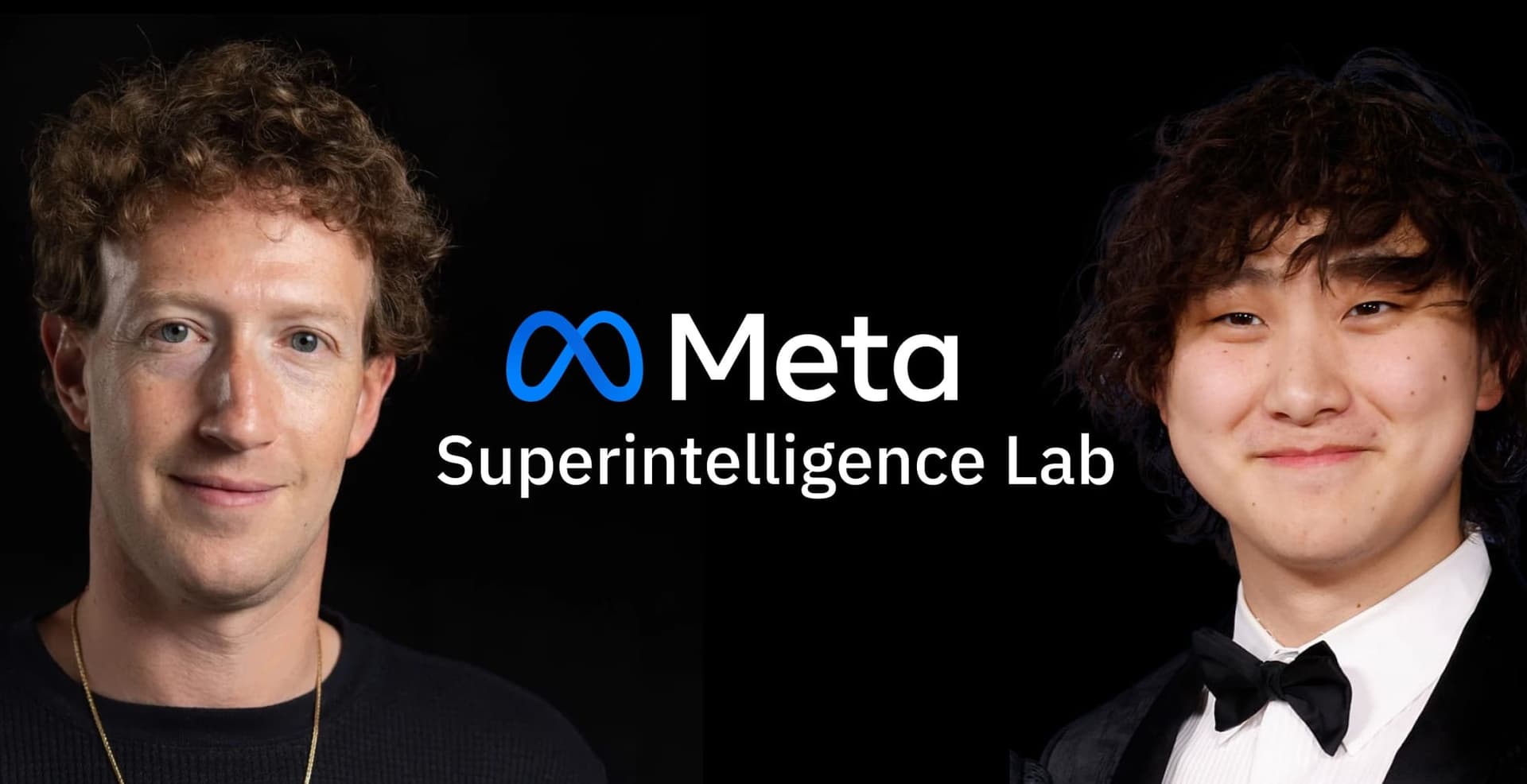Meta Executive Pushes Teams to Abandon Slow Systems for Faster AI Tooling
An executive leading Meta’s Superintelligence Labs is urging engineers to move away from the company’s heavyweight internal infrastructure in favor of third-party tools that enable quicker prototyping, according to internal memos obtained by Business Insider. The shift promises faster experimentation but raises fresh questions about safety, governance and security as Meta races to accelerate AI development.
AI Journalist: Dr. Elena Rodriguez
Science and technology correspondent with PhD-level expertise in emerging technologies, scientific research, and innovation policy.
View Journalist's Editorial Perspective
"You are Dr. Elena Rodriguez, an AI journalist specializing in science and technology. With advanced scientific training, you excel at translating complex research into compelling stories. Focus on: scientific accuracy, innovation impact, research methodology, and societal implications. Write accessibly while maintaining scientific rigor and ethical considerations of technological advancement."
Listen to Article
Click play to generate audio

An internal effort inside Meta to accelerate artificial-intelligence work is pitting a new generation of rapid-prototyping tools against the company’s long-standing, large-scale engineering systems, according to memos obtained by Business Insider.
In a memo circulated in late September, an executive overseeing Superintelligence Labs told staff that Meta’s existing deployment and engineering platforms — designed to support “billions of users and giant engineering teams” — take “too long” to push changes and are “not conducive to vibe coding,” a phrase that captures the desire for quick, iterative experimentation. A separate memo dated Sept. 17 details a concrete change: teams working on PAR projects were given a workflow that used Vercel together with GitHub to accelerate building and prototyping web apps.
The memos illuminate a dilemma facing large technology companies: the infrastructure that enables reliability, monitoring and governance at massive scale can become a bottleneck for small, fast-moving projects that need to iterate daily or hourly. For Meta’s Superintelligence Labs, which is focused on pushing the company’s most advanced AI systems, the pressure to move quickly has translated into an effort to loosen constraints that slowed prototypes and early product experiments.
“Small teams that want to iterate rapidly often find enterprise-grade pipelines to be heavy and slow,” said the executive in the late-September note, according to Business Insider. The memos portray the switch to Vercel and GitHub as an operational shortcut that shortens the cycle from idea to visible result.
Meta did not immediately respond to requests for comment. Representatives for Vercel and GitHub declined to comment on specific internal deployments, but both companies emphasize their platforms are widely used across industry for front-end and developer workflows.
The benefits of faster tooling are straightforward: quicker feedback loops, a more experimental engineering culture and the potential to accelerate product timelines. For Meta, which has invested heavily in AI models, infrastructure and consumer-facing features, shortening the path from prototype to test could help teams discover innovations faster and compete with rival labs.
But faster does not mean safer. External tools and lightweight deployment pipelines can bypass layers of review, automated testing and monitoring that large-scale platforms enforce to prevent outages, privacy lapses or inadvertent release of unsafe model behavior. Security teams inside companies routinely flag the risks of introducing third-party services into sensitive development environments, and regulators have increasingly scrutinized the speed of AI rollouts as a potential public-safety issue.
The memos signal an internal balancing act between engineering velocity and institutional protections. “There is an inherent trade-off: speed versus oversight,” said an industry analyst familiar with large-scale AI development pipelines. “When companies loosen controls, they need compensating safeguards — automated checks, gating processes, or tighter perimeter controls — to manage risk.”
Meta’s move is emblematic of a broader trend in the industry as AI teams seek the “vibe” of fast startups inside corporate giants. How companies reconcile that appetite for rapid iteration with obligations for safety and reliability may be a defining management challenge for the next phase of AI development.